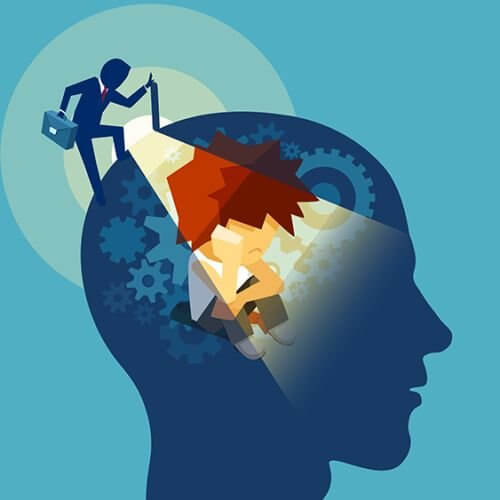Emotional intelligence (EI) is a crucial aspect of psychological development, particularly for those in training roles. As psychological trainers, understanding and enhancing EI can lead to better relationships, both professionally and personally. Emotional intelligence involves recognizing, understanding, and managing our own emotions, as well as empathizing with the emotions of others. Developing this skill is essential for trainers, as it helps create a supportive and productive learning environment.
One of the primary components of EI is self-awareness, which allows trainers to identify and understand their own emotional triggers. By being aware of how their emotions influence their behavior, trainers can control their reactions during sessions, ensuring that they create a positive atmosphere for trainees. Moreover, being self-aware enables trainers to model emotional regulation and resilience, qualities that trainees can learn and emulate.
In addition to self-awareness, social skills such as active listening and empathy are fundamental aspects of emotional intelligence. For trainers, these skills are vital when interacting with participants who may be experiencing challenges. Understanding trainees’ emotions and responding with empathy can lead to more effective communication and foster trust. By cultivating emotional intelligence, psychological trainers can better guide participants through their personal development journeys and facilitate meaningful growth.
 English
English
 العربية
العربية


